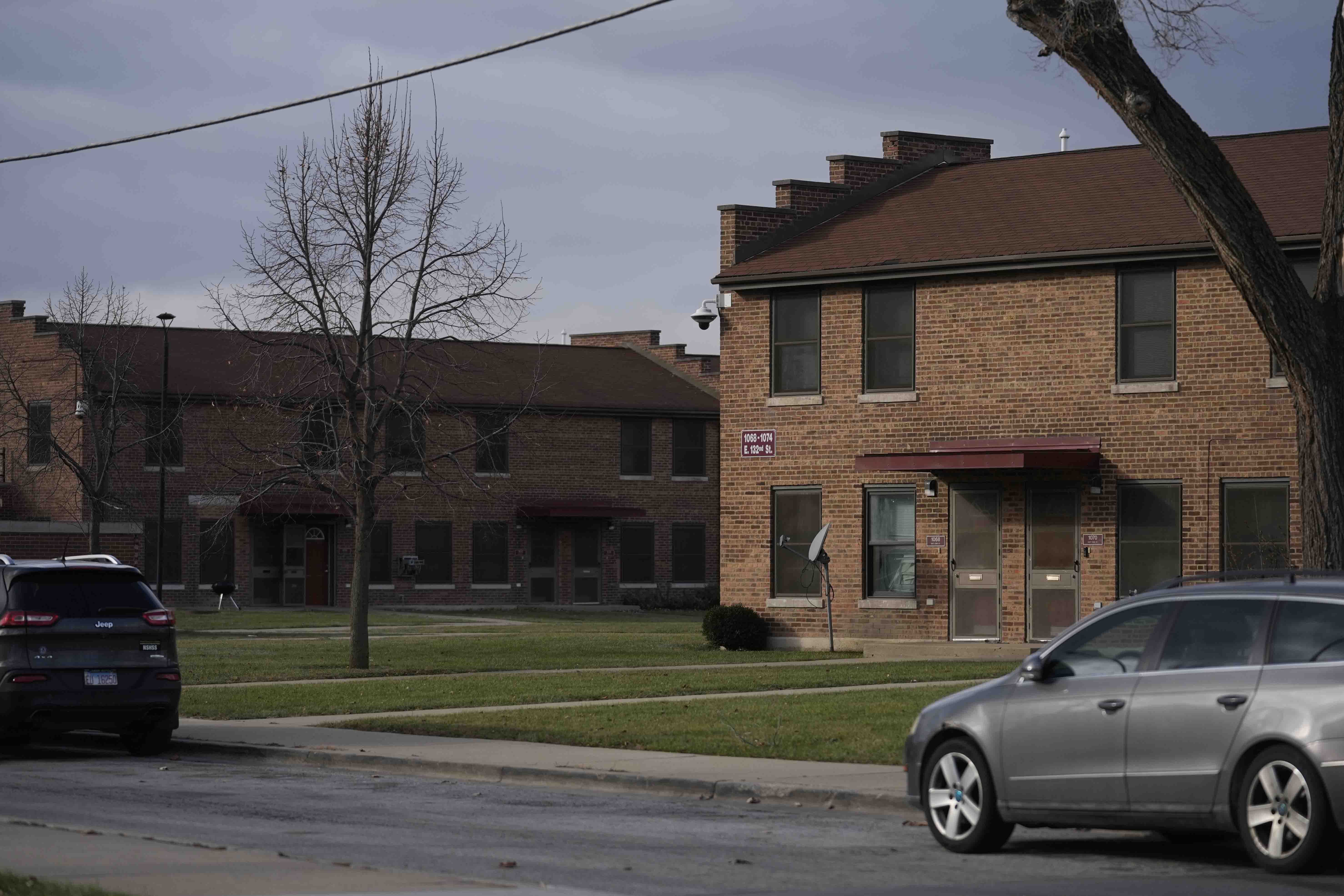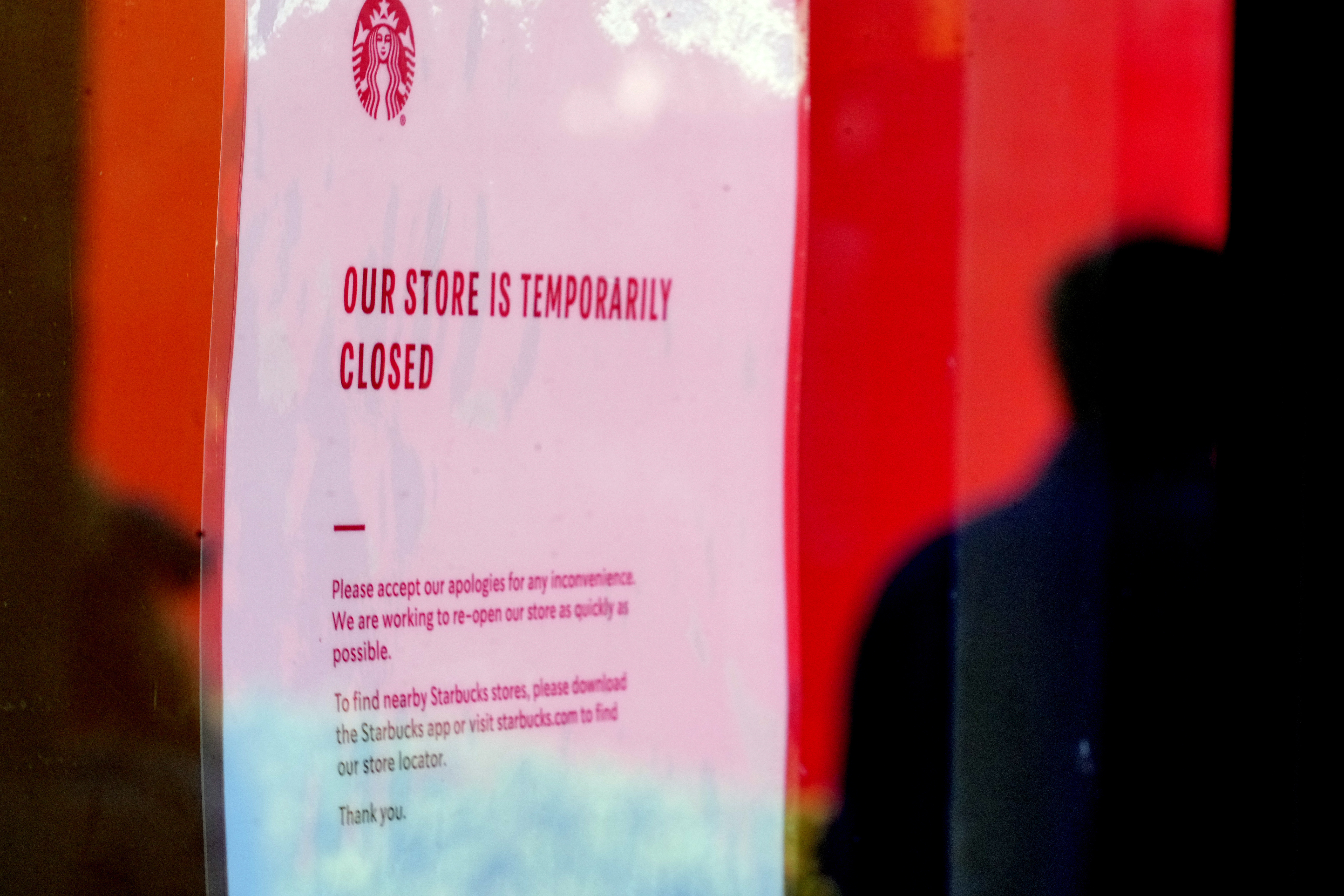PORTSMOUTH, Va. (WAVY) — Conditions at the Hampton Roads Regional Jail in Portsmouth are in violation inmates’ basic constitutional rights and protections under the Americans with Disabilities Act, according to the Department of Justice.
The DOJ and U.S. Attorney’s Office for the Eastern District of Virginia released the findings of a two year investigation into conditions at the jail on Wednesday, alleging that there is reason to believe the jail violates mentally ill and disabled prisoners’ rights under both the 8th and 14th amendments and the ADA due to restrictive housing practices.
READ: Letter on findings against HRRJ
Attorney General Mark Herring issued a statement on the findings of the investigation:
“The conditions detailed in this report should not exist in this facility or anywhere in Virginia. I requested this investigation because it was clear the Hampton Roads community needed and deserved answers about what was going on in this facility, especially in light of the deaths of Jamycheal Mitchell and Henry Clay Stewart, Jr. and the lack of transparency and accountability surrounding those deaths. The Department of Justice’s findings should be a serious wake-up call, and a catalyst for even more work at HRRJ and around the Commonwealth to ensure the safety and health of inmates, especially those with mental illness.”
The alleged findings were provided to the jail via written notice with “minimum remedial measures to address them,” according to the DOJ.
10 On Your Side obtained a copy of the notice, which alleges that the HRRJ uses restrictive housing to discriminate against mentally ill prisoners.
The DOJ defines restrictive housing as units where prisoners are kept alone or with other inmates for the majority of the day. At the HRRJ, inmates in restrictive housing were allowed to leave their cell for one hour of recreation during the week days, and were on complete lockdown on Saturday and Sunday.
According to the DOJ, 15 percent of the HRRJ’s prison population was in restrictive housing at one point between 2014 and August 2017. There were nearly 500 prisoners with serious mental illness housed at the HRRJ between July 2016 and July 2017. More than 175 of those spent at least 30 consecutive days in restrictive housing. More than 60 were in restrictive housing for three months or longer, the DOJ alleges.
Special Report: The Wait For Answers
Restrictive housing was also used with inmates who were scheduled to be transferred from the jail to state-run psychiatric hospitals between 2016 and 2017, according to the DOJ.
Of the 300 inmates who were transferred to psychiatric hospitals during that time period, 60 percent were in restrictive housing immediately before they were transferred, and 87 inmates spent 30 days or more in the restrictive housing unit before being transferred, the DOJ alleges.
“The jail places prisoners with mental health disabilities in restrictive housing on administrative status specifically because they are ‘mentally deficient,’ with no disciplinary or other reason given,” the notice states.
The DOJ also alleges that prisoners are subjected to an “unacceptable risk” due to delays in health care and a lack of treatment. It also claims that the jail doesn’t properly screen prisoners for mental illness or provide adequate treatment, including administration of medications and supervision of suicidal prisoners.
“The Constitution guarantees all prisoners necessary medical care, including mental health care, treatment, and services,” said Assistant Attorney General Eric Dreiband for the Civil Rights Division in a press release on Wednesday. “Our investigation found reasonable cause to conclude that the Jail fails to provide constitutionally adequate medical and mental health care and that prisoners experience serious harm as a result. The Justice Department hopes to continue to work with the Jail to resolve the Department’s concerns.”
Special Report: Managing Mental Illness Behind Bars
The HRRJ was built in 1998 and was originally designed to address overcrowding in Newport News, Norfolk, Portsmouth, Hampton and Chesapeake. Over time it has become a repository for mentally ill and sick prisoners, housing hundreds of chronically physically and mentally ill inmates at any time.
The department’s Civil Rights Division began its investigation back in December 2016 after multiple investigations into inmate deaths and turmoil at the jail.
One of those deaths was Jamycheal Mitchell, who became an inmate at the HRRJ after stealing $5 worth of snacks from a store. He was diagnosed as being “manic and psychotic,” and was ordered to be transferred to Eastern State Hospital so that he could be restored to competency.
He was never sent to the psychiatric hospital, and died after spending 100 days in restrictive housing at the HRRJ. He was initially put into that unit for refusing to be tested for tuberculosis. He remained there under the classification “administrative restriction — unable to adapt.” The DOJ alleges that this is a classification used by the jail for mentally ill prisoners who have a hard time obeying orders and rules.
The HRRJ has taken steps to improve its operations, including bringing in new leadership. In the spring Col. David Hackworth came on as the new superintendent, and the jail has changed the way it investigates staff misconduct, prisoner assaults and prisoner deaths, according to the DOJ.
Hackworth sent 10 On Your Side a statement on the Department of Justice’s findings:
Yesterday the United States Department of Justice issued a report based upon their investigation of the Hampton Roads Regional Jail. As I stated yesterday, we strive to provide the best service to those individuals incarcerated in the Hampton Roads Regional Jail, our member jurisdictions, and the citizens that we serve.
We routinely review our policies, procedures, and practices to ensure we are providing our services to comply with State and Federal law. We will continue to do so as we move forward into the future. In addition, we look to utilize the best practices possible as evident by our accreditations with the Virginia Board of Corrections, National Commission on Correctional Health Care, and the American Correctional Association. I feel that this report will be a beneficial tool to the Hampton Roads Regional Jail and we are looking forward to meeting with the United States Department of Justice in the very near future.














































